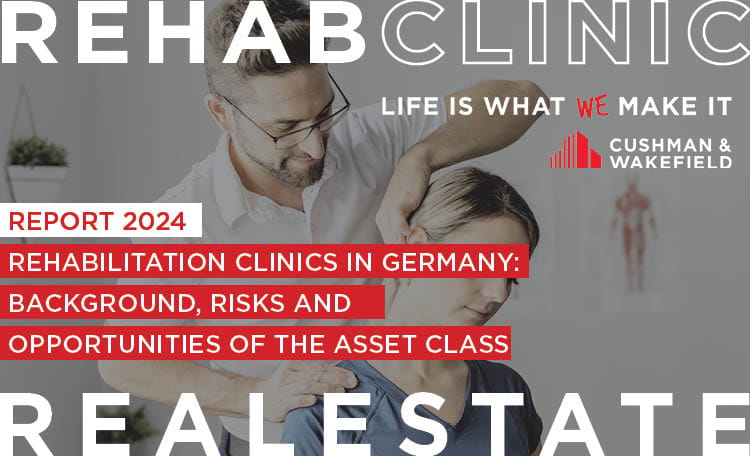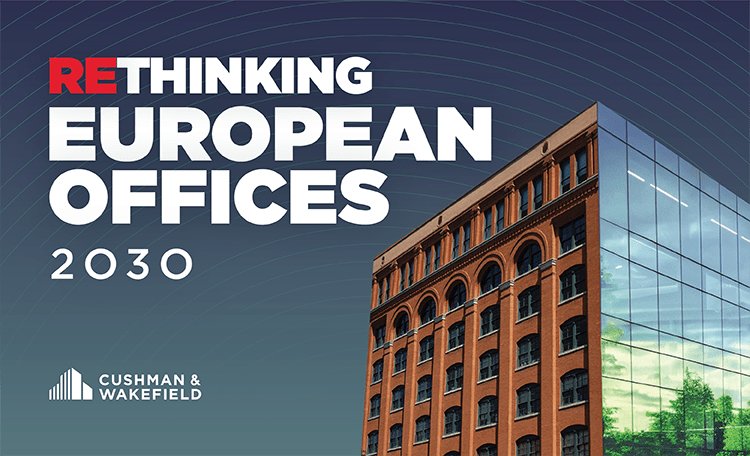Extremely high demand and net initial yields of between 4.3 and 4.8 percent – investing in rehabilitation clinics has become a trend in recent years. No wonder, given the demographic shift and the associated increase in chronic illnesses as well as operations requiring subsequent inpatient rehabilitation. Increasing demand for such services is therefore pre-programmed, and an investment which appeared absolutely future-proof. Then along came the COVID-19 pandemic and changed perspectives and forecasts in all areas. What does the current situation now mean for the long-term viability of investing in rehabilitation clinics? Does it still make sense? Has the rewards possibly even increased? Where are the risks? And what should you pay attention to now when considering an acquisition? An interview with Jan-Bastian Knod, Head of Residential Investment Germany and Head of Healthcare Advisory.
Is investing in rehabilitation real estate still worthwhile despite the pandemic?
Jan-Bastian Knod: Definitely. Investment in rehabilitation real estate remains a crisis-proof asset class. Rehabilitation will continue to gain in importance in our society, because people’s lasting recovery from illness and operations is not only a social imperative but is system-relevant for society. Even if the pandemic means that rehabilitation measures are only possible to a limited extent at present, it is essential from an economic point of view to reintegrate people who have fallen ill into work – especially in view of the fact that demographic change means that there are ever fewer people paying pension contributions and ever more people receiving benefits. And the pandemic is not reducing the need for rehabilitation. On the contrary, psychosomatic illnesses in particular have increased and, together with the growing number of post-COVID patients suffering from long-term consequences, will only further increase the need for rehabilitation facilities.










